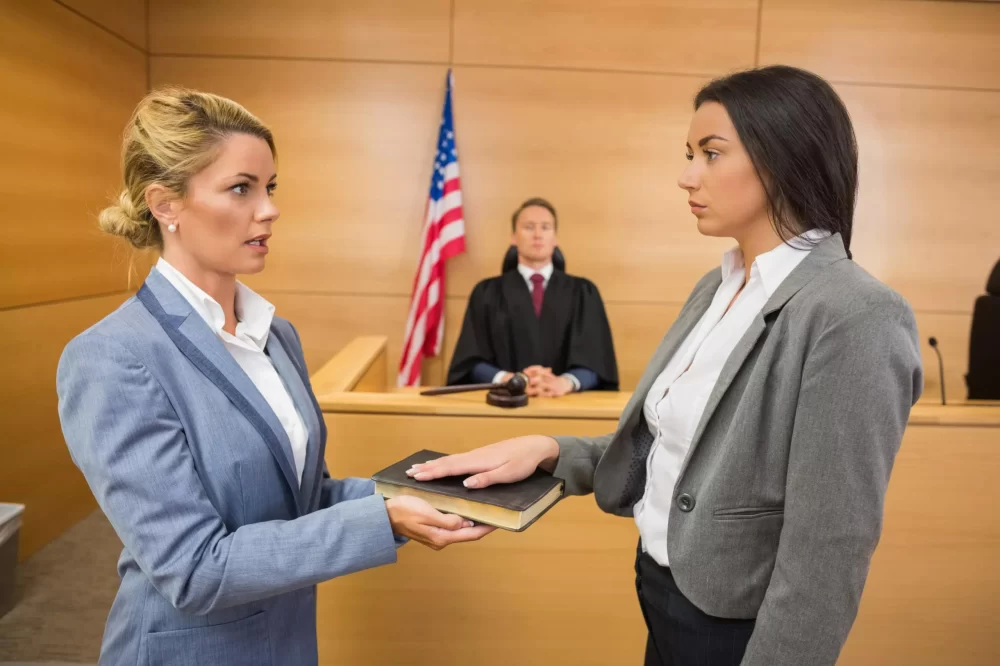
- 1-Definition-of-Legal-Deposition
- 2-Purpose-and-Role-in-Litigation
- 3-Deposition-Procedure-Step-by-Step
- 4-Common-Challenges-During-Depositions
- 5-Real-Life-Examples-of-Depositions
- 6-How-ESPLawyers-Can-Help-with-Depositions
1. Definition of Legal Deposition
A legal deposition is a sworn out-of-court testimony given by a witness or party involved in a lawsuit. It is a crucial discovery tool where attorneys ask questions to gather information, clarify facts, and preserve witness statements for trial.
The testimony is recorded by a court reporter and may be used later to challenge testimony in court or settle disputes.
1.1 Distinguishing Features
Unlike courtroom testimony, depositions occur in a more informal setting but are equally binding under oath.
2. Purpose and Role in Litigation
Depositions serve several key functions: uncovering facts, evaluating witness credibility, and facilitating settlement discussions. They help parties understand strengths and weaknesses in their cases.
2.1 Impact on Case Strategy
The information obtained can shape legal strategies and influence negotiation tactics before trial.
3. Deposition Procedure Step-by-Step
The deposition process typically begins with notice to all parties, followed by the appearance of the deponent, attorneys, and a court reporter. The questioning proceeds with objections noted but generally does not disrupt the flow.
3.1 Preparation Tips
Witnesses should review case facts, consult their attorneys, and understand the importance of truthful and precise answers.
4. Common Challenges During Depositions
Deponents often face stress, complex questions, and strategic legal maneuvers. It can be difficult to balance candor with caution to avoid self-incrimination or misstatements.
4.1 Managing Difficult Questions
Legal counsel plays a critical role in guiding witnesses on how to respond effectively without jeopardizing their position.
5. Real-Life Examples of Depositions
One notable case involved a high-profile contract dispute where deposition testimony revealed critical inconsistencies, leading to a favorable settlement. Another example highlights how a well-prepared witness navigated aggressive questioning, preserving credibility.
5.1 Lessons from Experience
These examples demonstrate the importance of preparation and legal support during depositions.
6. How ESPLawyers Can Help with Depositions
ESPLawyers offers comprehensive support for clients facing depositions, including pre-deposition coaching, strategy development, and courtroom representation. Their expertise ensures clients approach depositions with confidence and clarity.
6.1 Personalized Guidance
Each case is unique, and ESPLawyers tailor their advice to fit individual circumstances and legal goals.
6.2 Getting Started
Contact ESPLawyers early in the litigation process to benefit from their expert deposition assistance and strengthen your case.








